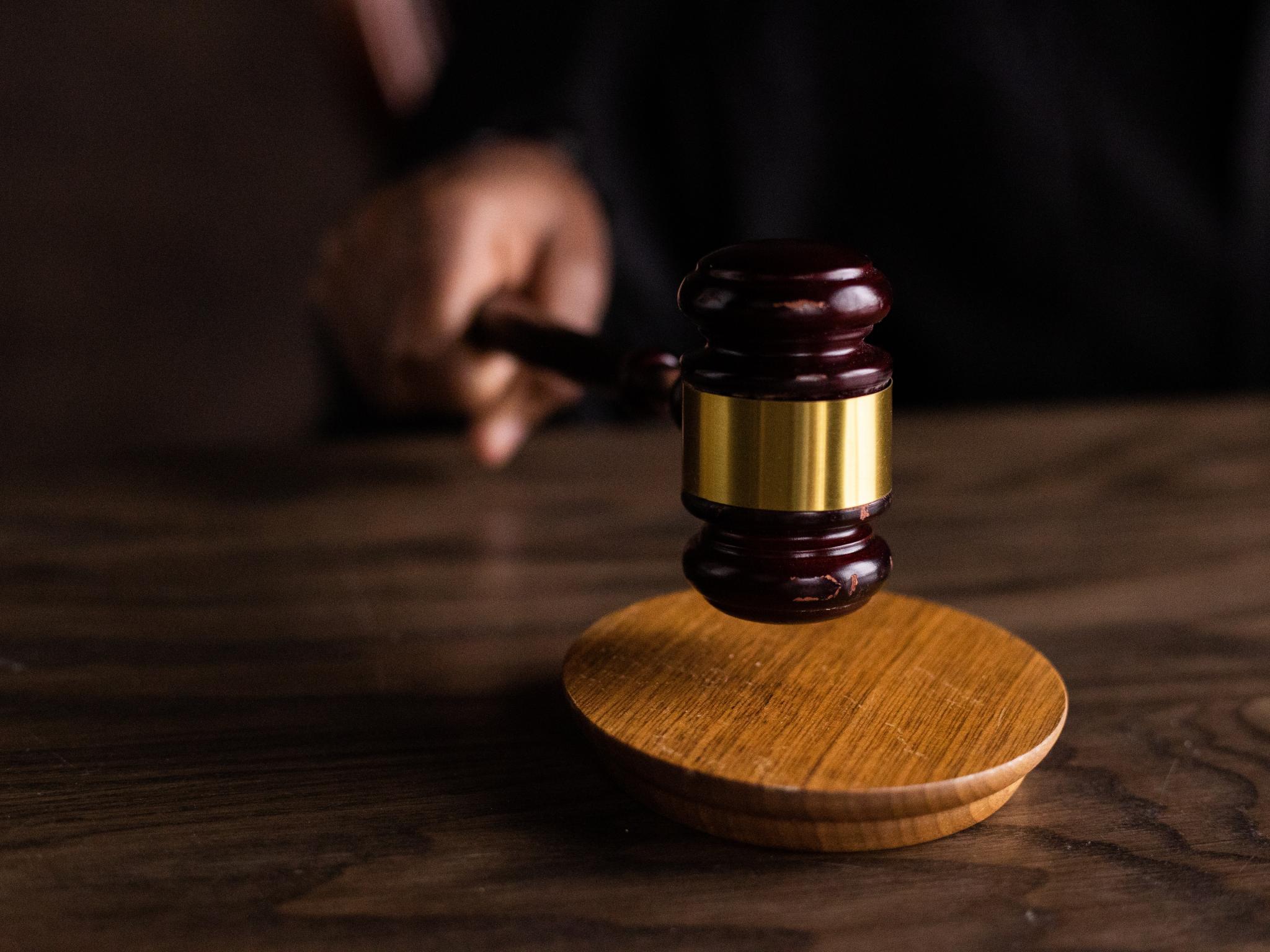
(Part one of a four-part series)
In recent years, evidence supporting the use of psychedelics for the treatment of unmet mental health disorders such as PTSD, depression, addictions and anxiety has done nothing but grow.
Let’s dive into one of the substances emerging as potentially more therapeutic than traditional pharmaceutical solutions: psilocybin.
The psychoactive component within “magic mushrooms” is currently approaching mainstream acceptance and being increasingly championed by veterans organizations, terminally-ill patients and U.S. officials.
In addition to scientific publications, psilocybin has recently been featured in influential media outlets such as Bloomberg, The New York Times, Time Magazine and Vice.
So far, results are showing that psilocybin is non-addictive and has a low risk of side effects.
Yet dangers do exist, not only for those at risk of a severe psychiatric disorder but also for virtually anyone who would trip without a therapeutic framework.
The goal is not to bring specific insights to discuss in a rational manner, but rather to make room for an “experiential modality” at emotional or sensory levels, which can produce intense feelings —including vulnerability — that the therapist should help the patient incorporate into their lives.
Legal Stance
After the 1971 U.N. Convention on Psychotropic Substances, psilocybin was classified as Schedule I under the Controlled Substances Act, greatly limiting its production and research, or as neuropsychopharmacologist at Imperial College London David Nutt called it, “the worst censorship of research in history.”
Attempts to reschedule the substance at national and international levels are being revisited by research and advocacy organizations, while legal changes are taking place in several states and cities in the U.S. and across the world.
In the U.S., the most comprehensive advances seem to be occurring in Oregon where psychedelics were decriminalized in 2020 and the state is building a statewide Psilocybin Services Act to regulate its therapeutic use.
Next San Francisco deprioritized possession and use of magic mushrooms. In recent years, Denver said yes to a ballot measure prohibiting the use of city resources to prosecute people for psilocybin-related offenses, later followed by Oakland, Santa Cruz, Ann Arbor and Seattle.
Cities and counties in Michigan, Massachusetts, California and Washington passed resolutions making entheogenic substances one of law enforcement's lowest priorities.
Outside the U.S., several countries have approved legislation making research and treatment easier. Canada classifies psilocybin as a Schedule III substance, which translates to lower penalties and granting exceptions to certain studies and trials.
While some countries ban mushrooms but not their spores as they don’t contain psilocybin, others don’t apply law enforcement.
Take Portugal, which has decriminalized all drugs, or Jamaica, where magic mushrooms were never illegal although psilocybin often is. In the Netherlands, mushrooms are banned but there’s a legal loophole regarding truffles that contain psilocybin.
In these cases, research tends to be limited, yet psychedelic retreats are not necessarily regulated.
Another very specific discussion entails the traditional and religious use of psychedelic plants. A 1971 U.N. treaty has an exemption clause for this use of psychedelics yet stories of arrests, raids and penalties have made news in recent months.
NEXT IN SERIES: Microdoses
Photo courtesy of Ekaterina Bolovtsova on Pexels.







